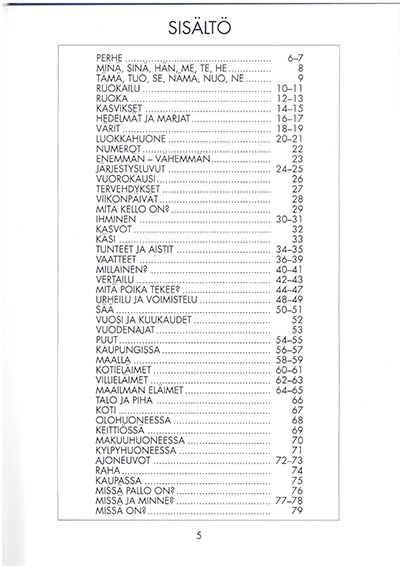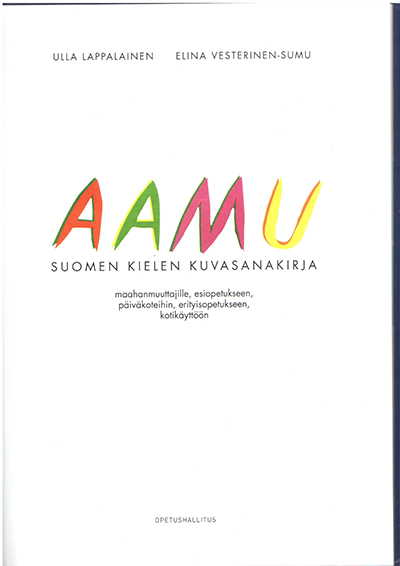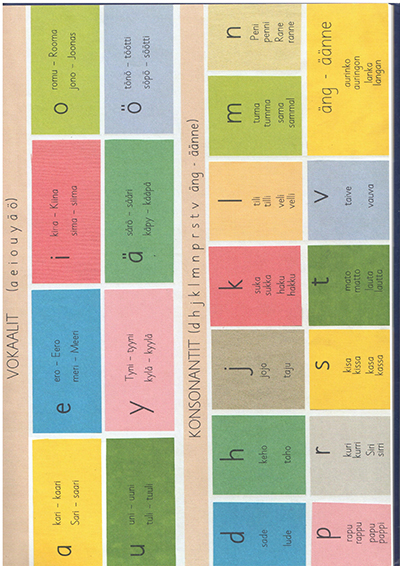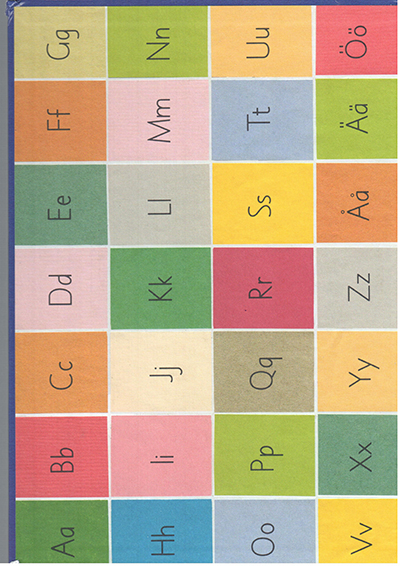| Sorted by date | |||
page179from Building Ideas
according to Marx, the workers’ consciousness
of their exploitation; thus the revolutionary impulse is never allowed to break
through.
The
concept of ideology shows the dialectical nature of Marx’s thinking, and
provides the necessary refinement to the deterministic model of history. The
issue centres on his intention to change, rather than merely interpret, the
conditions of society, with the question now being, where do you begin – to
change consciousness or to change conditions? According to Marx’s more
humanistic earlier writings, it is the former activity that becomes a priority
for the philosopher. Seeing beyond the ideological “illusion” that prevents
awareness of political injustice also becomes a major theme in later Marxist
thinking –centred on the question of cultural activity as a means of exposing
ideology to the process of critique.
Marxist Interpretation – Lukács, Gramsci and Benjamin
Marx’s early works only began to appear in
print around 1930, with his Economic and Philosophical Manuscripts making most
impact. One writer who had anticipated some of the themes contained in these
early writings was the Hungarian philosopher and literary critic, Georg Lukács contested the empirical, “scientific”
interpretation of Marxism that had been promoted by Engels following Marx’s
death. Anticipating Thomas Kuhn, on the principle of the paradigm, he writes:
The
blinkered empiricist will of course deny that facts can only become facts
within the framework of a system – which will vary with the knowledge desired. He
believes that every piece of data from economic life, every statistic, every
raw event already constitutes an important fact. In so doing he forgets that
however simple an enumeration of ‘facts’ may be, however lacking in commentary,
it already implies an ‘interpretation’.10
|
|||
|
|||
|
|
 ... ...
... ... ... ...
... ... ... ...
... ... ... ...
... ... ... ...
... ... ... ...
... ... ... ...
... ... ... ...
... ... ... ...
... ... ... ...
... ... ... ...
... ... ... ...
... ... ... ...
... ... ... ...
... ... ... ...
... ...